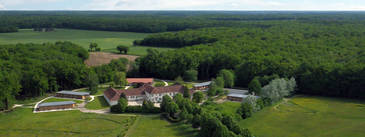
Dhamma Mahi
The French Vipassana centre is situated at 165 kilometres to the south of Paris, in beautiful country. Goenkaji called the centre Dhamma Mahi, « the land of Dhamma ».
Travel guidance
How to access to Dhamma Mahi ?
Accessibility
Is it accessible to people with disabilities ?
Rideshare
Rideshare to get to Dhamma Mahi
Vipassana Association
Organisation of the Vipassana Association
Open Day
Guided tour of our facilities
The French Vipassana centre is situated on 100 acres of land, 165 kilometres to the south of Paris, in beautiful country, a lovely mixture of woods and meadows. Goenkaji called the centre Dhamma Mahi, « the land of Dhamma ». The climate is temperate, warm summers and wet winters with occasional ice and snow. The property, constructed as a holiday camp for young children, was bought to serve as a Vipassana centre in February 1988. The area for walking is considerably expansive and well protected from both sides by woods. In 1993 a neighbouring farm was bought to house long-term servers and to offer sufficient space to assure a meditative atmosphere.
Pictures of the center
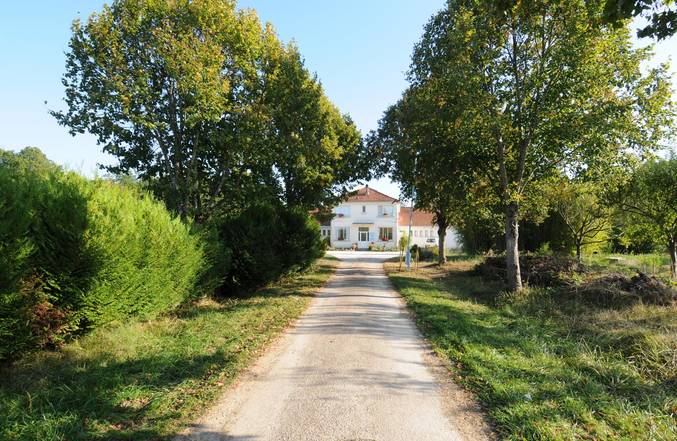
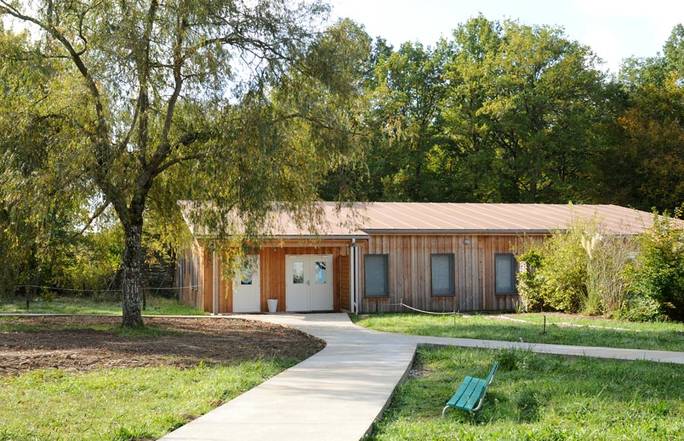
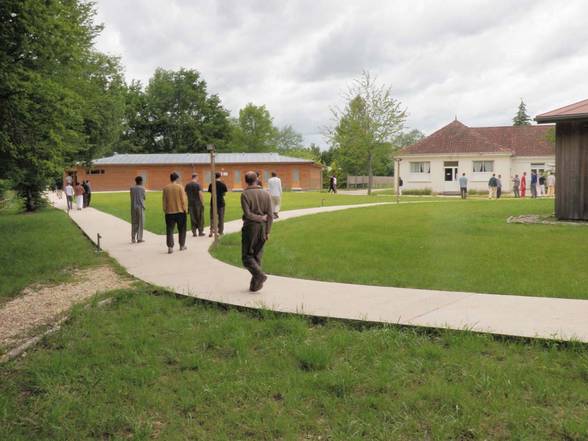
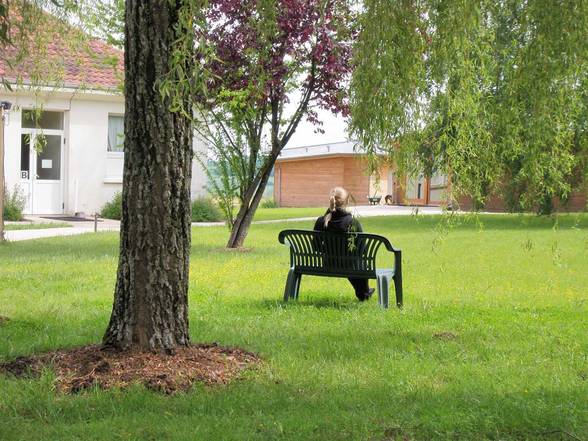
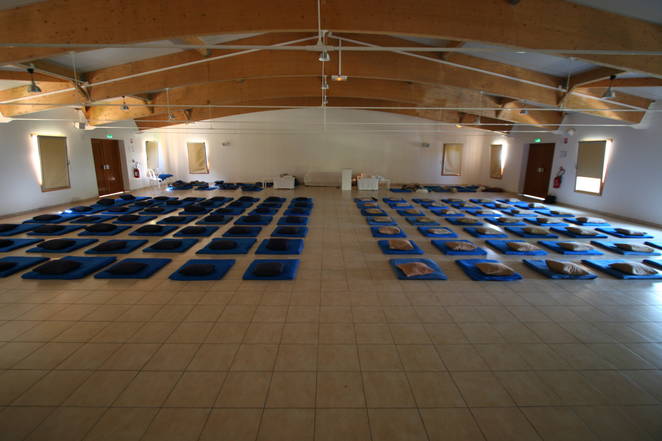
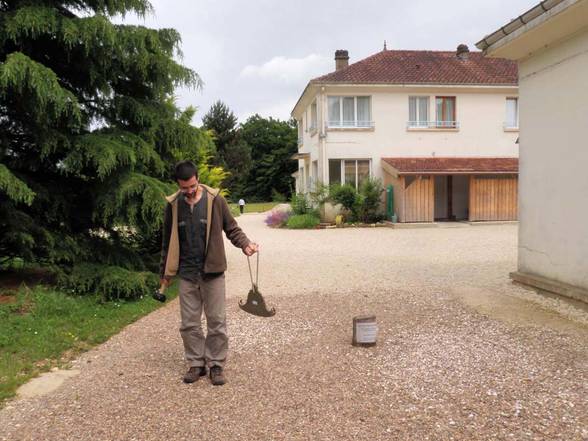
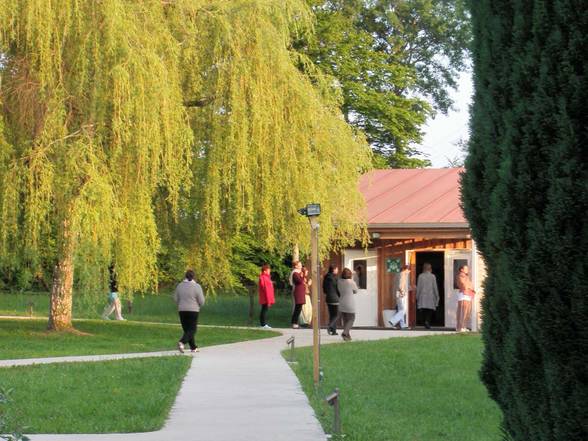
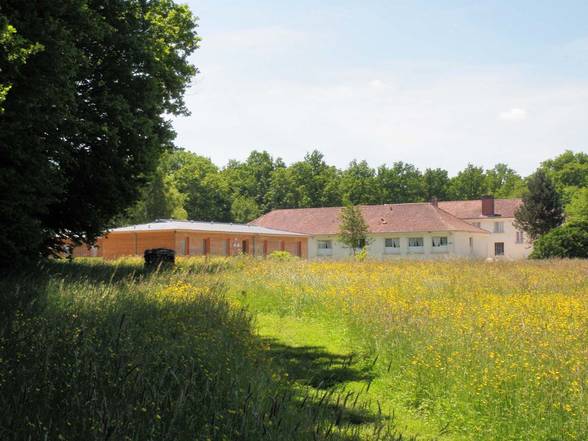

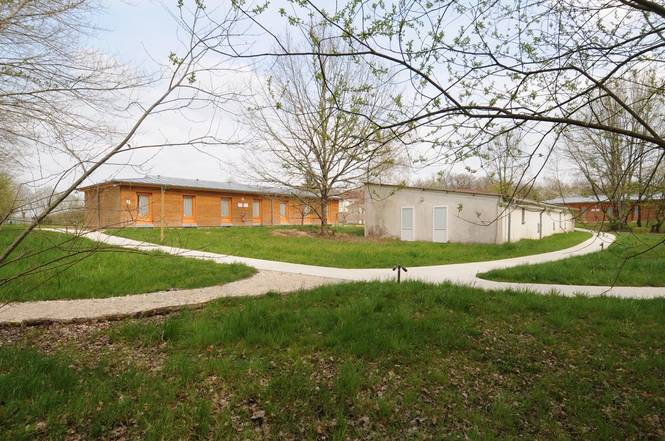
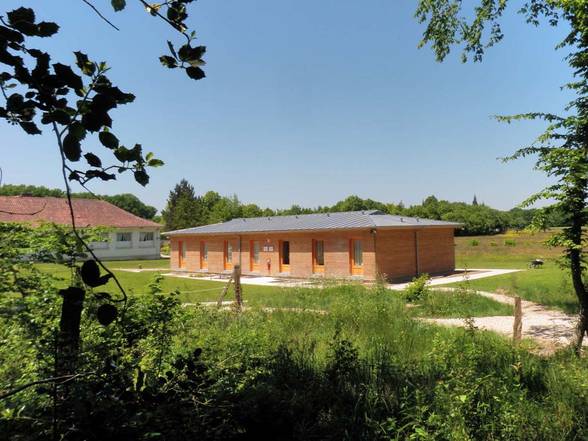

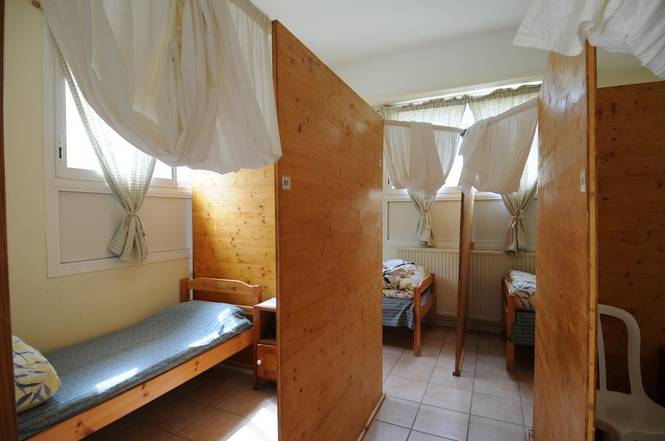
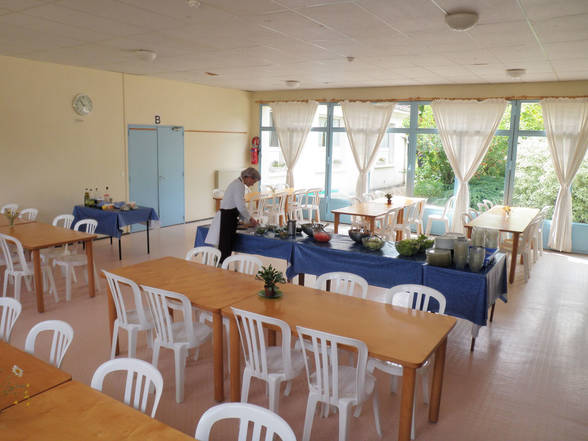
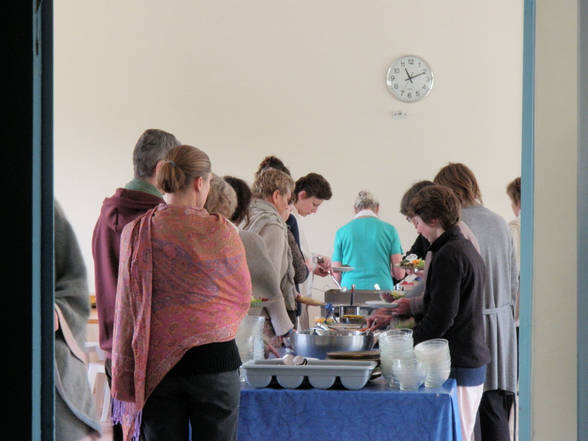
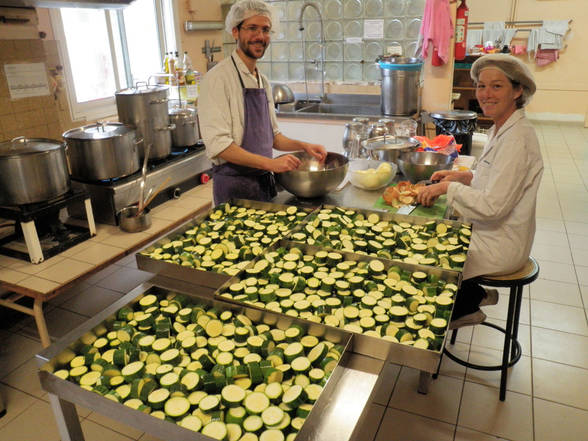
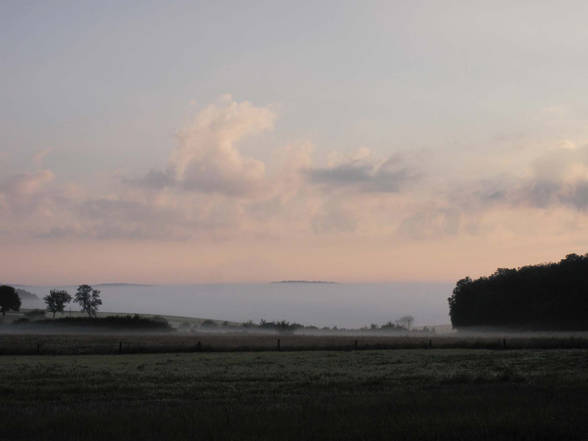
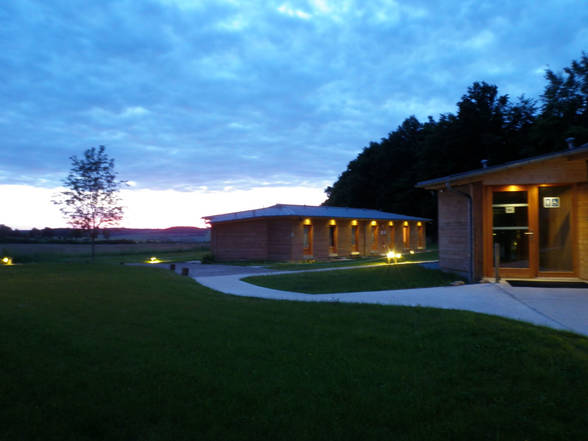
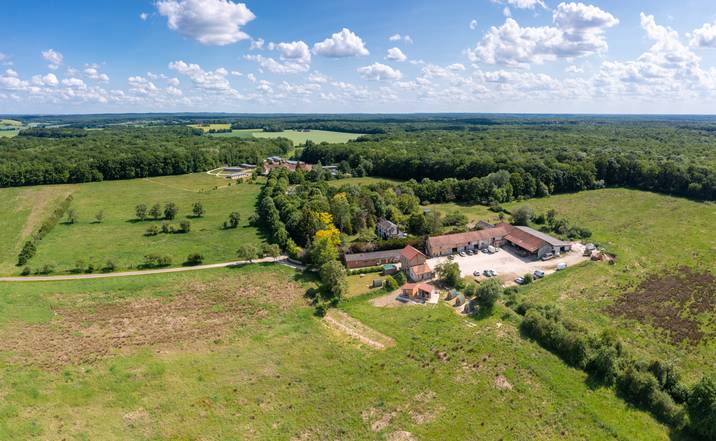
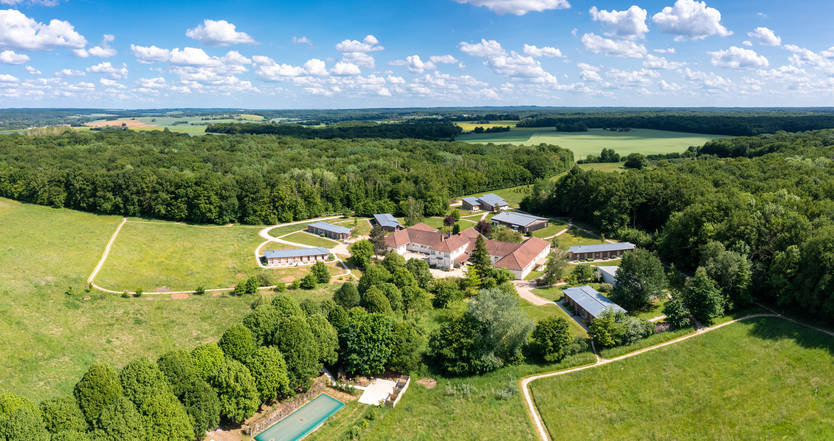
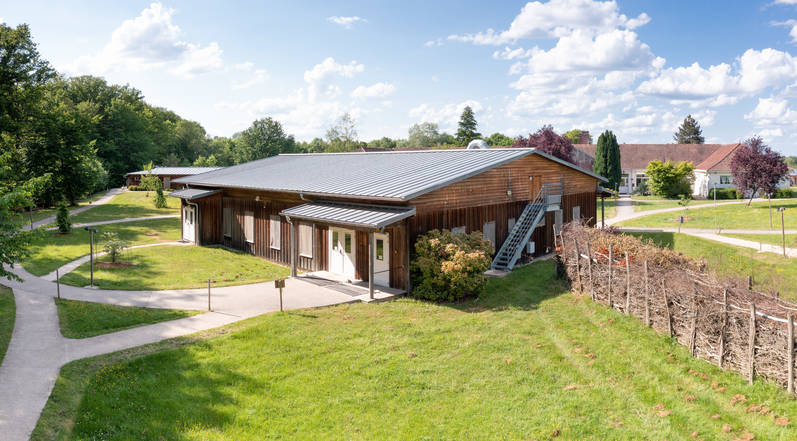
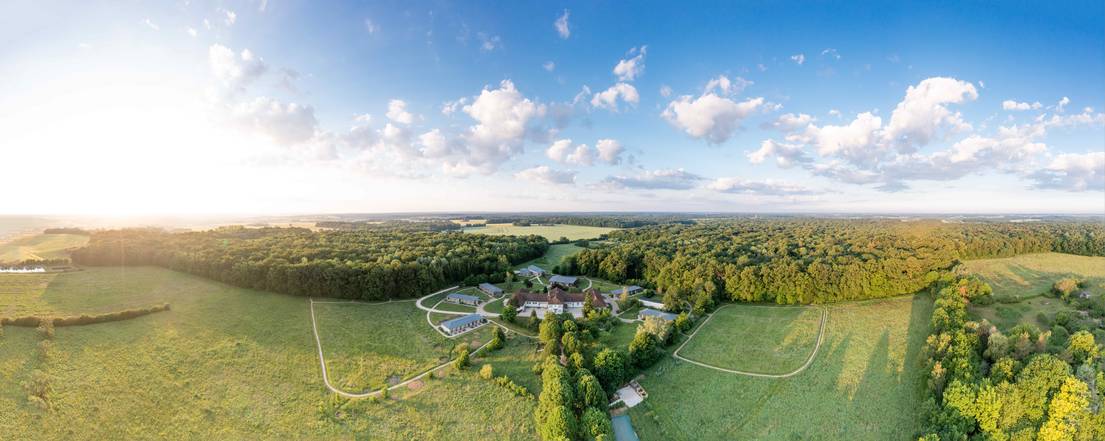
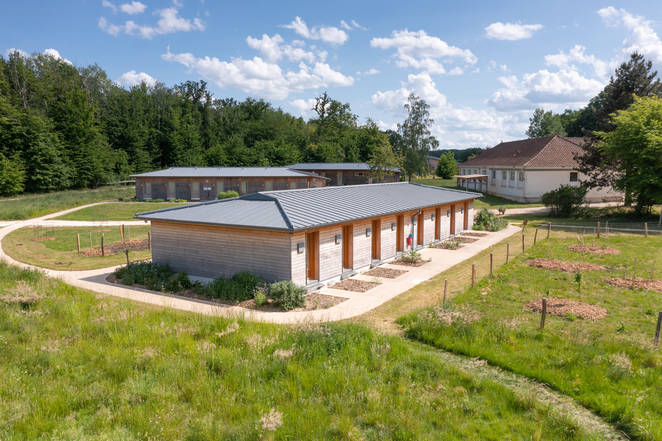
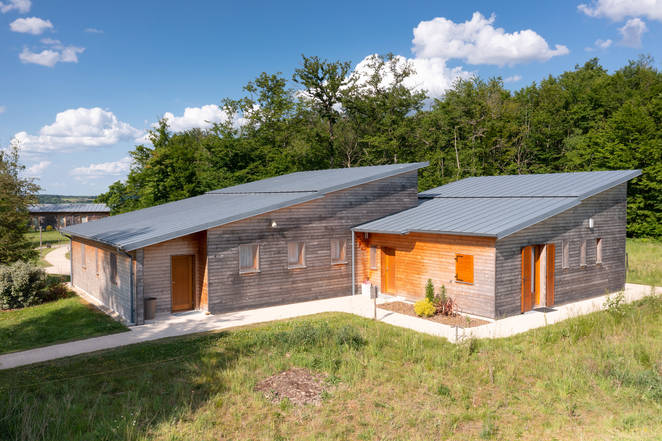
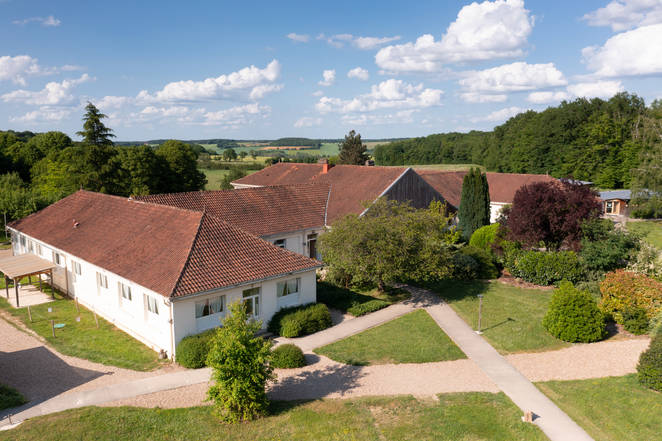
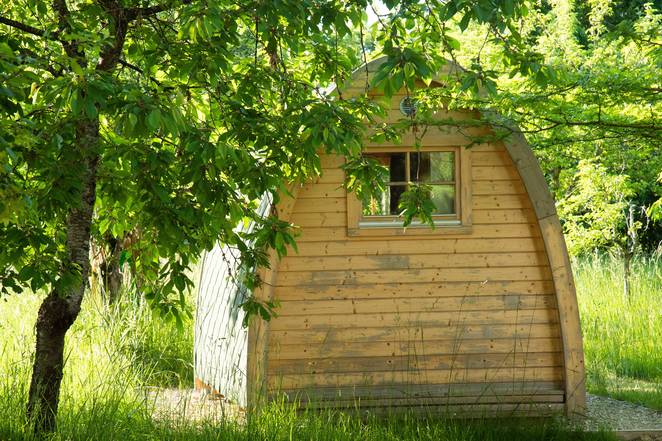
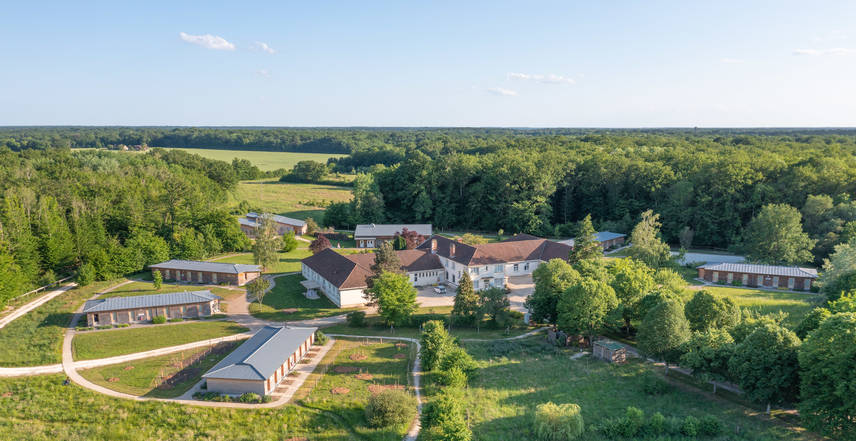
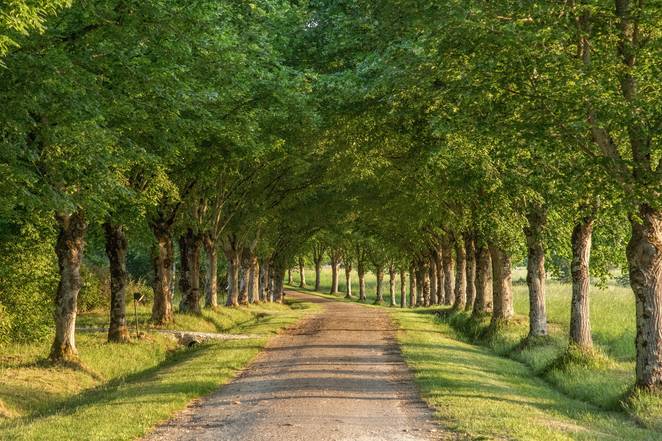
An infrastructure to serve the courses
The new meditation hall built in 2009 can accomodate up to 120 students and 30 servers. Meditation cells for old students are in a structure which is independent from the main building. The main building is constructed in the shape of an « H » with two symmetrical wings allowing for a very clear separation between men and women. Two dining rooms, a large kitchen and rooms for English language discourses are in the central part of the building. The bedrooms and double rooms for servers are located in the two wings.
Four new accommodation buildings, with a total of 48 bedrooms (single rooms with attached bathroom), were opened in October 2011 and April 2012 including 4 rooms specifically designed for disabled students. The extensive walking areas allow you to walk through fields and woods.
To see the development of the centre: click here (updated November 2014).
One or two ten-day courses are held in the centre each month, in French, in English, and occasionally in Khmer.
Different langages are available on audiotapes so that foreign students can listen to the evening discourses in their mother tongue.

 English
English

